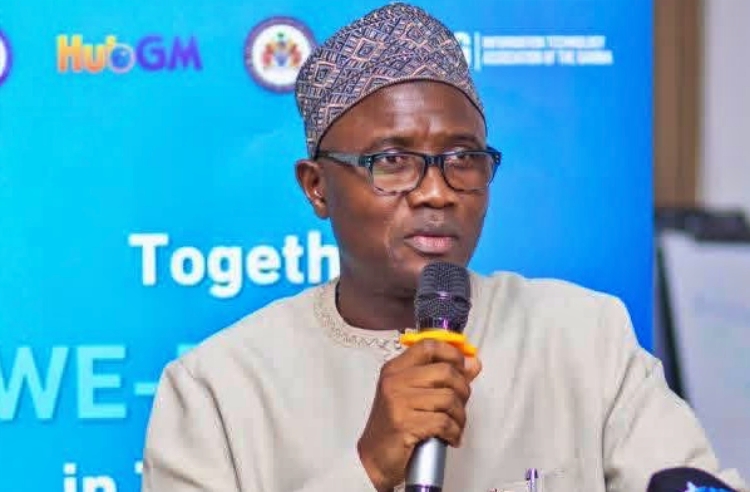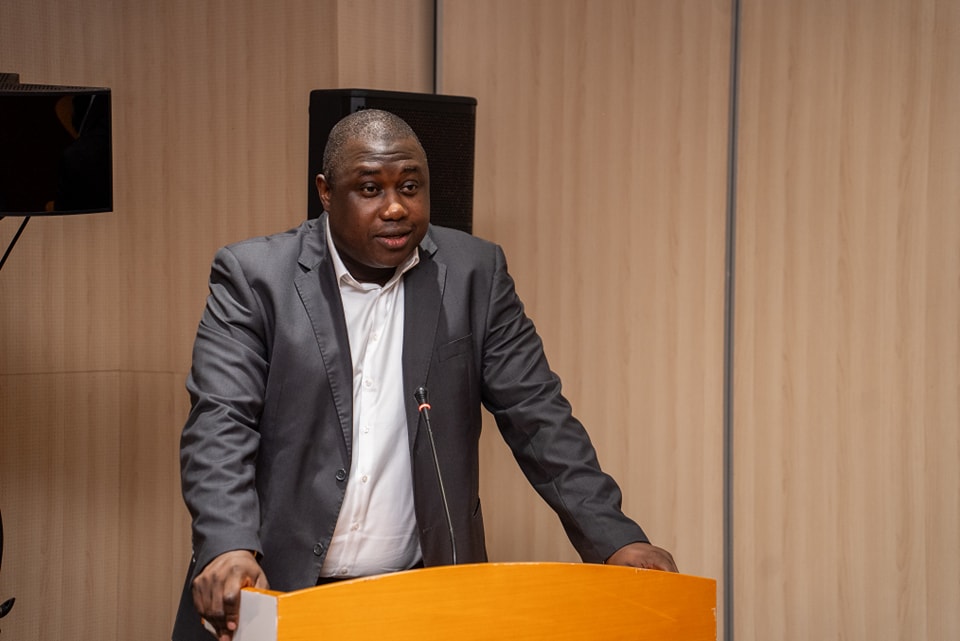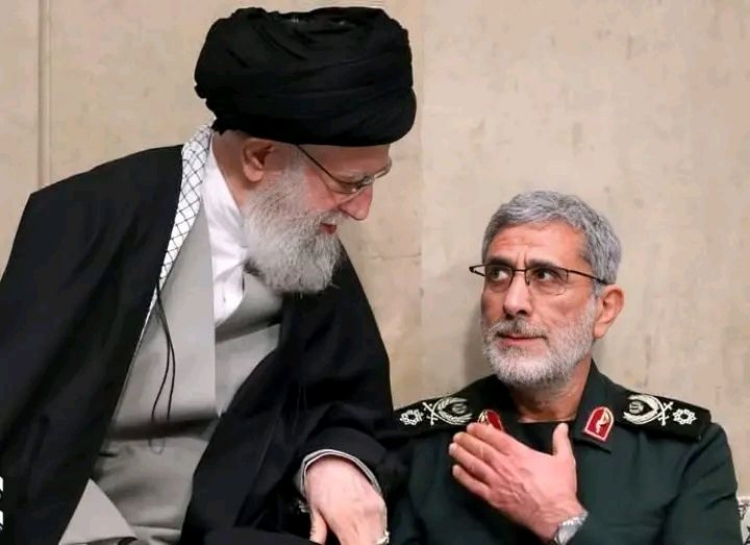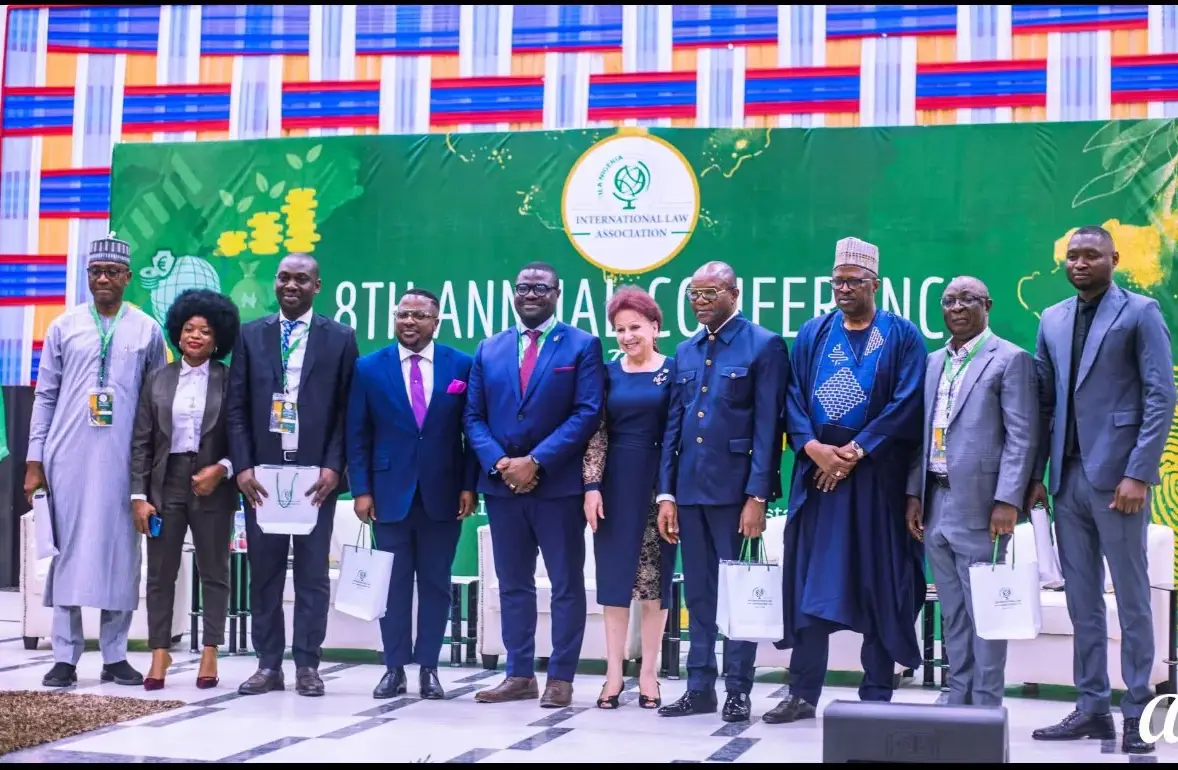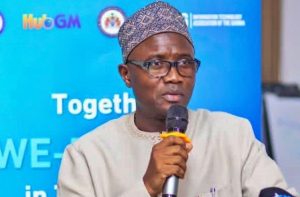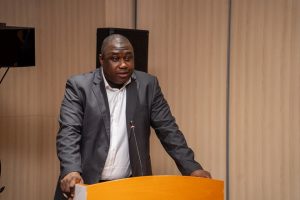Gambiaj.com – (AYE, Nigeria) – The Minister of Trade, Industry, Regional Integration, and Employment of The Gambia, Baboucarr Ousmaila Joof, has made a passionate call for the harmonization of trade and investment laws across Africa, describing it as a critical step toward sustainable development and the continent’s rightful place in the global economy.
Speaking over the weekend at the 8th Annual Conference of the International Law Association (ILA), Nigerian Branch, held at Afe Babalola University in Ado-Ekiti, Nigeria, Minister Joof underscored the urgent need for African nations to align their legal frameworks and policies with international standards—particularly those outlined in the African Continental Free Trade Area (AfCFTA) agreement.
“International law provides the framework of rules and agreements that facilitate regional and global trade, protect investors, and offer dispute settlement mechanisms to foster sustainable development,” Joof told a diverse audience of legal scholars, policymakers, and diplomats from across Africa and beyond.
According to the minister, fragmented and inconsistent legal systems across African nations have hampered efforts to fully capitalize on the continent’s economic potential. He argued that by harmonizing trade laws, reducing non-tariff barriers, and enforcing regional agreements, African countries could create a more predictable business environment that attracts foreign direct investment (FDI) and boosts intra-African commerce.
“African countries must harmonize their trade and investment laws…subscribe to a single currency and pursue the ancient goal of a ‘united Africa’,” Joof said, stressing that unity would grant Africa greater bargaining power on the global stage.
Joof’s remarks also addressed the broader implications of global economic instability. He cited the ongoing US-China-Canada trade tensions, the Russia-Ukraine war, and long-standing conflicts in the Middle East as factors exacerbating economic uncertainty worldwide.
“These tensions exacerbate existing vulnerabilities,” he said. “Many African economies remain heavily dependent on raw commodity exports, making them susceptible to global price shocks. Fragmented global trade systems risk marginalizing Africa even further.”
In response, Joof urged African leaders to strategically reposition their economies by investing in agriculture, manufacturing, and renewable energy, and by crafting legal tools that can navigate and exploit global trade rules. “Africa’s future hinges on turning legal frameworks into tangible progress,” he said. “Let us champion dispute resolution reforms, green investment, and regional unity.”
The theme of the conference, “Fostering Trade and Investment Integration for Sustainable Development: The Role of International Law,” set the stage for high-level discussions on Africa’s legal and economic development. The conference also featured Aare Afe Babalola, the university’s founder, among other distinguished participants.
Professor Damilola Olawuyi, SAN, Deputy Vice Chancellor for Research, Innovation, and Strategic Partnerships at ABUAD and President of the ILA Nigeria Branch, echoed Minister Joof’s sentiments. He emphasized the strategic importance of international law and diplomacy while urging Nigerian President Bola Ahmed Tinubu to expedite the appointment of skilled ambassadors to foreign missions.
“Ambassadors skilled in international law are essential to minimize the disruptive effects of unilateralism and isolation on the flow of goods and services,” Olawuyi said, warning that the sweeping of trade tariffs by former U.S. President Donald Trump posed a threat to global commerce.
He called on Nigeria’s leadership to ensure representation in key global institutions such as the World Trade Organization (WTO), UNCTAD, and UNESCO with individuals well-versed in international legal norms.
As Africa grapples with a complex and evolving global trade landscape, both Joof’s and Olawuyi’s remarks converged on a central message: for Africa to move from the periphery to the center of global economic decision-making, it must unify its legal systems, strengthen regional collaboration, and invest in strategic diplomacy.



